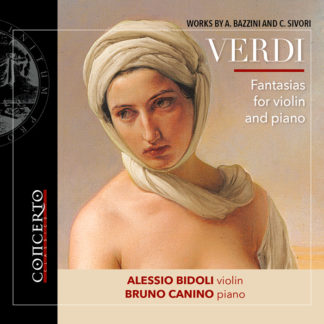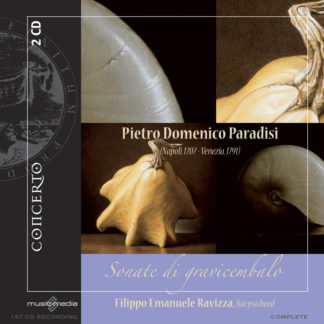François Couperin (1668-1733)
Le Dodo ou L’amour au berceau, dal quindicesimo Ordre
Robert Schumann (1810-1856)
Kind im Einschlummern, da Kinderscenen op.15
Schlummerlied, da Albumblätter op.124
Wiegenliedchen, da Albumblätter op.124
Adolph von Henselt (1814-1889)
Wiegenlied op.45
Fryderyk Chopin (1810-1849)
Berceuse op.57
Charles Valentin Alkan (1813-1888)
J’étais endormie, mais mon coeur veillait, dai 25 préludes
Franz Liszt (1811-1886)
Berceuse
Joachim Raff (1822-1882)
Berceuse op.125 n.2
Johannes Brahms (1833-1897)
Wiegenlied op.49 n.4 – trascr. Alfred Cortot
Pëtr Il’ič Čajkovskij(1840-1893)
Berceuse op.16 n.1 – trascr. Sergej Rachmaninov
Edvard Grieg (1843-1907)
Vuggevise (Berceuse)
Bådnlåt (Alla culla) op.68 n.5
Sergej Ljapunov (1859-1924)
Berceuse, n.1 dagli Studi trascendentali
Milij Balakirev (1837-1910)
Wiegenlied
Alfredo Casella (1883-1947)
Berceuse triste op.14
Berceuse, dagli 11 pezzi infantili op.35
Ferruccio Busoni (1866-1924)
Berceuse
Jan Sibelius (1865-1957)
Berceuse op.40 n.5
Claude Debussy (1862-1918)
Berceuse héroïque
Olivier Messiaen (1908-1992)
Je dors, mais mon coeur veille, n.19
dai Vingt regards sur l’Enfant-Jésus, 1944





